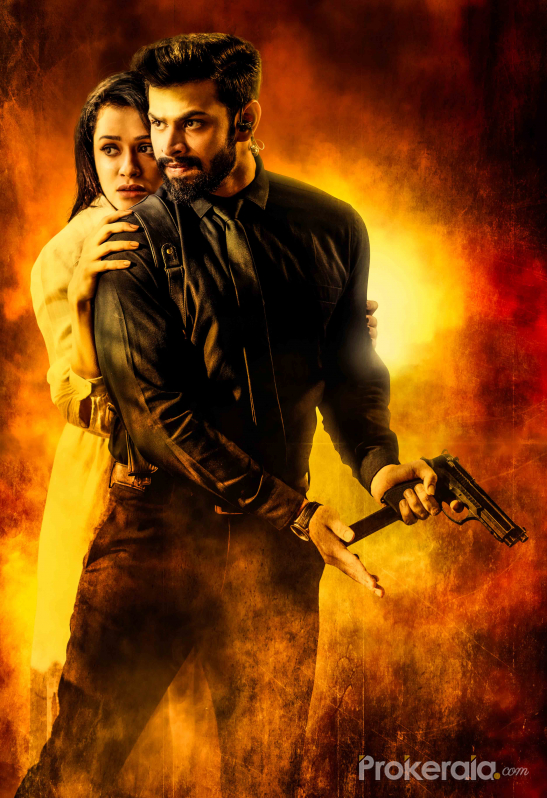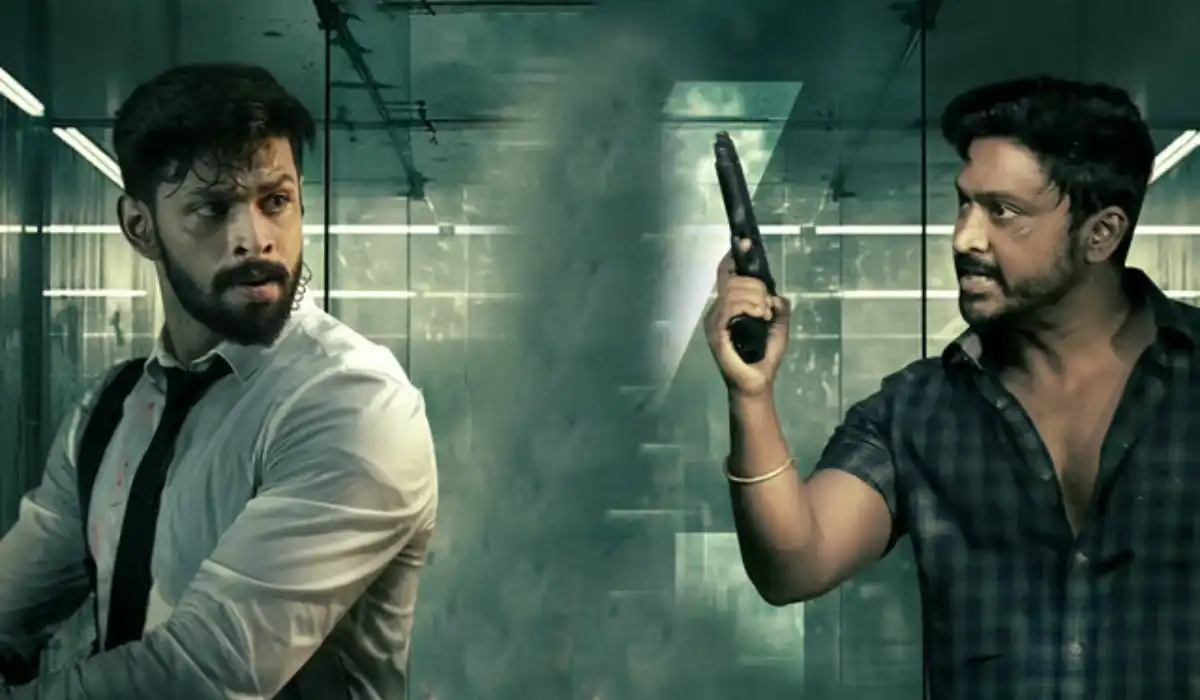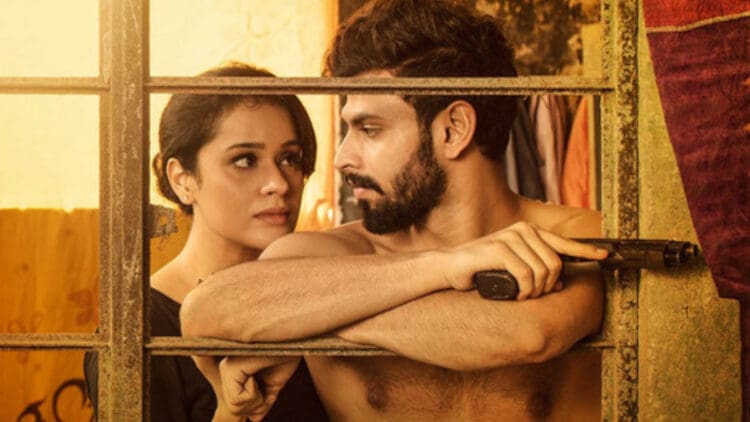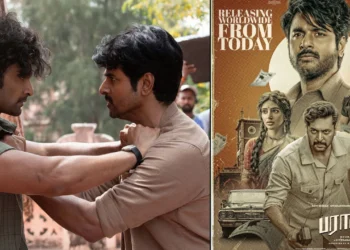In the vast expanse of cinematic storytelling, each film serves as a brushstroke on the canvas of a director’s legacy. With “Joshua: Imai Pol Kaakha,” Gautham Vasudev Menon’s latest offering, audiences embark on a journey through the realms of love, betrayal, redemption, and the ever-lingering shadows of the past.
The premise unfurls around Joshua and Kundhavi, deeply in love, until revelations of Joshua’s profession as a contract killer tear them apart. But then fate connects their paths again, and Joshua becomes a defender, defending others who are in danger from life’s difficulties, including his former partner Kundhavi. Can love blossom again in the shadow of a turbulent past? Will Joshua overcome the obstacles to protect Kundhavi’s vulnerable life?

Comparisons are inevitable in the world of cinema, particularly when the story emerges before the filmmaker’s credentials. “Joshua: Imai Pol Kaakha” is subject to a review of Gautham Vasudev Menon’s acclaimed filmography, which may either strengthen or weaken the movie.
The foundation of cinematic immersion is the sense of authenticity. Unfortunately, “Joshua: Imai Pol Kaakha” often falls short due to over-complication, which undermines the sense of being involved. The narrative flow is disrupted by the conflict that exists between the film’s romantic subtext and its crime-thriller facade. Even with Varun Kamalakannan and Raahei’s evident connection, the film’s texture is unnatural and lacks the genuine quality that sustains strong stories.

Through a web of deception, moments of brilliance peek through the mask of passivity. Joshua’s transformation from a killer to a life guardian creates a moving picture of hope. Even if it is powerless, the narrative structure bears the weight of an endearing story that is timeless. Even with these periodic moments of dissatisfaction, the movie does a great job of balancing tension with romance.
A song from Joshua Imai Pol Kaakha from Think Music India:

With each performance, the ensemble cast creates a tapestry that contributes to the overall story. Joshua is portrayed by Varun Kamalakannan with such passion that it is clear how skilled he is in the action scenes. But when it comes to the demands of vulnerability and passion, his expressive depth breaks. On the other hand, Raahei’s depiction of Kundhavi is too whimsical and overwhelmed by the mood of her character’s plight to make a lasting impression.
Krishna Kulasekaran, in spite of his little role, shines as a light of charisma and commands attention in the ensemble. Dhivyadharshini’s integration into the film’s theme marks an excellent performance that resonates authentically within the story setting.

“Joshua: Imai Pol Kaakha” is mostly comforted by its lyrical rhythm and action set-pieces. The title character radiates an air of invincibility, which contrasts with the narrative shortcomings of the movie. While the protagonist’s charm never wanes, the film’s core is unimpressive and only a shadow of its potential greatness.
In summary, “Joshua: Imai Pol Kaakha” is a monument to the complexity of human nature and the unwavering need for justice. Though veiled in a cloud of unfulfilled promise, it remains a monument to Gautham Vasudev Menon’s creative vision despite its narrative flaws. “Joshua: Imai Pol Kaakha” leaves viewers questioning the fleeting nature of love and the timeless echoes of the humanity within as the reels roll.
Ratings: 6/10
Follow us on Instagram, Facebook or Telegram for more updates and breaking news.








